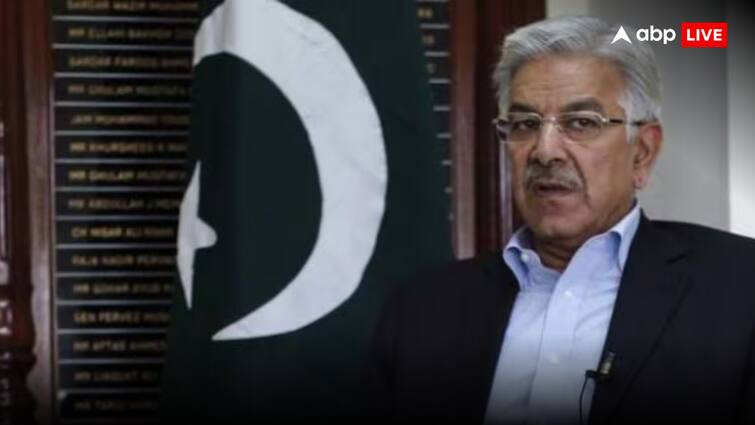India-pakistan ceasefire: After four days of serious military tension and shelling that lasted, when India and Pakistan announced a ceasefire on the border on Saturday (May 10), there was a wave of relief in the entire region. But the very next day, a shocking and strategically important statement from Pakistan has come out. Pakistan’s Defense Minister Khwaja Asif has said that if there is talk with India in future, then subjects like Kashmir, Indus Water Treaty (IWT) and terrorism can be included in the agenda.
In an interview to a television channel, he said, “These are three important issues that can be discussed. We will stand on ceasefire.” His statement has pointed to a new possible direction in India-Pakistan stressful relations. Significantly, India has already been taking a clear stand on these three issues – especially about terrorism and cross -border infiltration.
Conflict or mutual understanding?
The timing of this statement is also considered very important. On May 10, there was a “agreement” between India and Pakistan to stop all military action in land, air and sea. While Pakistan is calling it a ‘ceasefire agreement’, India has called it only ‘mutual understanding’. The perception and strategic objectives of the two countries are clearly reflected about this difference.
India carried out drone and missile attacks on terrorist launchpads in Pakistan and Pakistan Occupied Kashmir (POK) under ‘Operation Sindoor’ on 7 May. In response, there were limited retaliation from Pakistan, due to which tension between the two countries reached the peak.
Strategy behind Asif’s statement
Experts believe that this statement of Khwaja Asif is a ‘soft-diplomacy’ attempt from Pakistan. In view of the country’s internal political instability, economic crisis and international pressure, Pakistan wants to give a message to the global community by taking initiative of peace that it does not want stress.
He also said that if the current ceasefire proves to be the first step towards permanent peace, then it will be considered a positive sign. However, he also added that it is too early to say anything.
Gratitude to allies
Khwaja Asif, referring to China, Turkas, Azerbaijan and Gulf countries, said that these countries maintained diplomatic balance during the current crisis. He hoped that India’s leadership in future will also give priority to the future of South Asia.
Response from India?
So far, there has been no official response from the Government of India to this statement of Khwaja Asif. But defense and foreign policy experts believe that India, especially the Modi government, will start any talks on topics like terrorism only when Pakistan takes clear and concrete steps.
India has already made it clear that terrorism and conversation cannot run together. In such a situation, if Pakistan is serious in the direction of peace talks, then it will have to destroy the structure of terrorism at its domestic level first.

